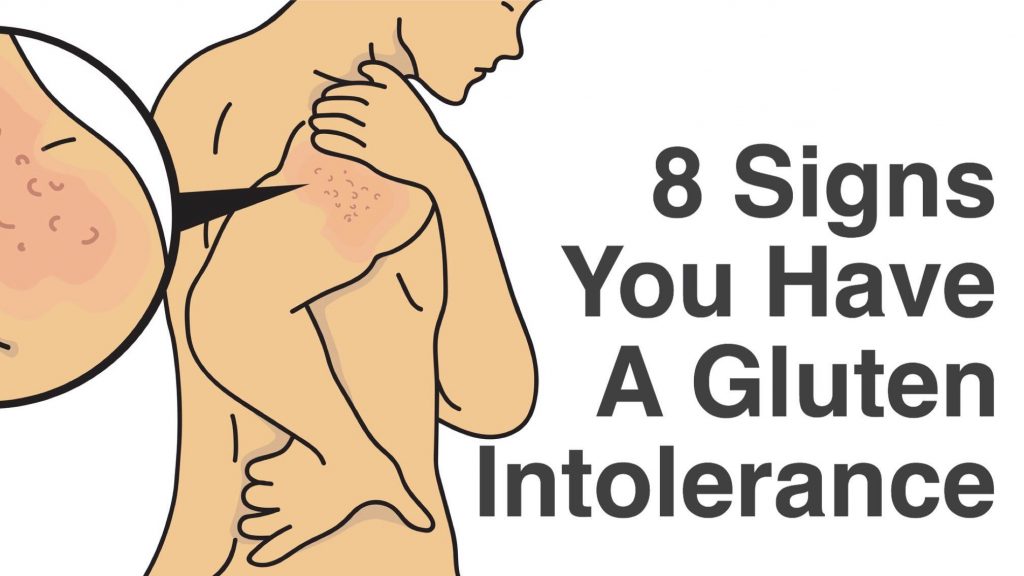Nowadays intolerance to gluten is very present. It’s a condition which can cause a person to react in some way after ingesting gluten, which is a protein found in rye, barley and wheat. The most common symptoms are: depression, fatigue, gastrointestinal problems and pain.
Rye is a type of grain commonly found in cereal, bread and beer,Wheat is a grain found in cereal, bread and pasta, and it can also be found in salad dressings and soups. Barley is also a grain often used in stock feed products. All of these grains contain gluten, and they can all cause insensitivity to gluten.
There is also a disease that is caused by gluten intolerance named celiac disease. It’s classified as an autoimmune disorder and can cause damage to the small intestine. When a person consumes gluten, the body reacts with an abnormal immune response and attacks the guts. The damage impairs the ability of the body to absorb nutrients. If left untreated, celiac disease might cause long-term health issues. Currently, around 1 out of 100 people suffer from this condition!
The symptoms of gluten intolerance subside when you remove gluten from your diet. This article will present you the most usual signs of gluten intolerance:
- Brain fogIt can be a pretty enigmatic symptom of gluten intolerance since it can be caused by diverse conditions. It’s also commonly associated with celiac disease. In an article named “Gluten sensitivity as a neurological illness” published in the Journal of Neurology, Neurosurgery and Psychiatry, it was found that immunoglobins, which are a class of antibodies, react abnormally to gluten and the reaction contributes to reduced cognitive function.
- Unexpected weight gainCaused bymalabsorption and gut permeability, unexpected weight gain is related to gluten intolerance, and to systemic inflammation triggered by gluten. Those who are suffering from gluten intolerance need to eliminate it from their diet and their weight will soon be back to normal.
CLICK NEXT BUTTON (>) TO CONTINUE …









